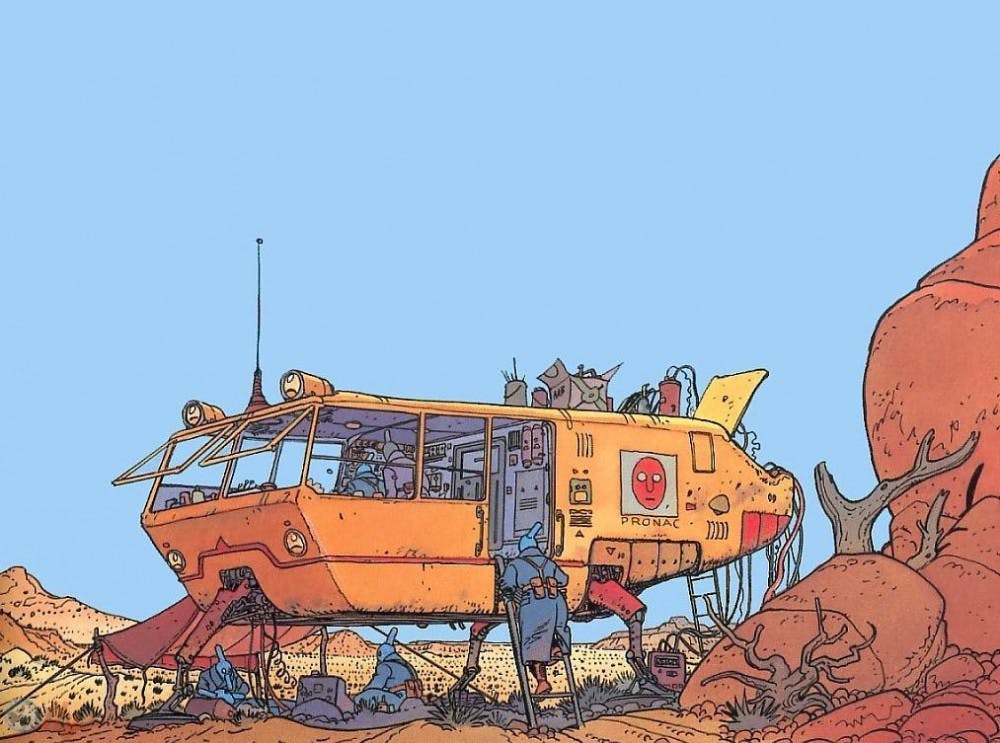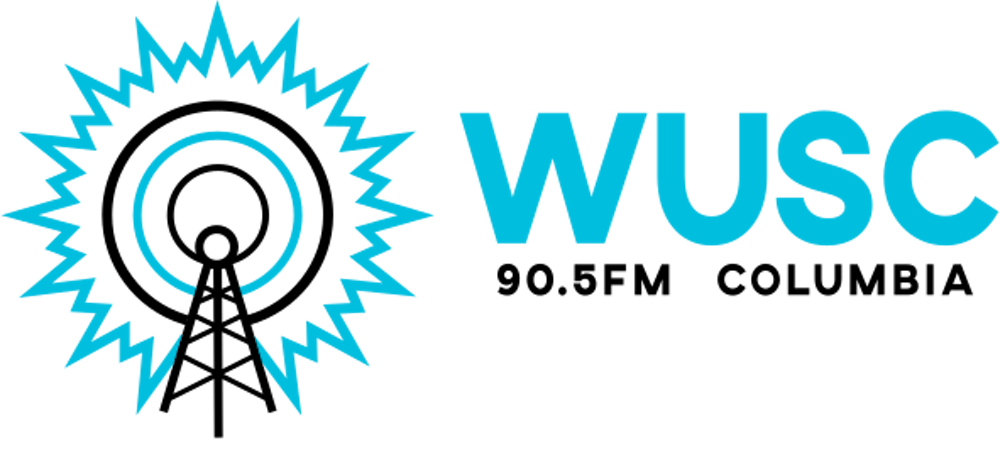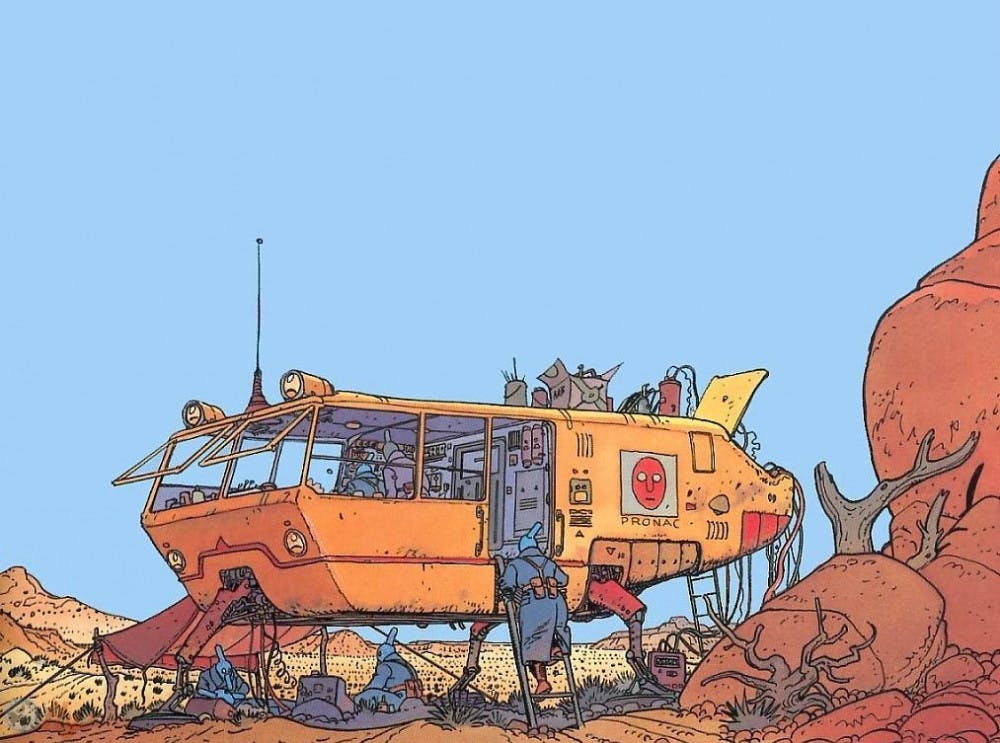by Justin Price // jbyrd

As far as mass communication technology goes, radio is ancient, maybe slightly ahead of the newspaper and scratching letters into a tree. With social media, podcasts, the flexibility of the Internet, the moving pictures of the TV, why should our airwaves still dance 90.5 million times a second? The answer to this question depends on the context. Back in the day, it was because this was the only way to get music hits to our ears. Now we have much more interactive, flexible, and hi-definition ways to do things that radio does well. The former constraint no longer exists. Why use radio?
Because it is good for our soul.
It is no secret that we are entering a crisis. Thanks to technology, we are living lives that are much longer, healthier, and full of conveniences, but also full of misery and social disconnection. Those last two things are related. Our humanity is largely constituted of being a social animal. Meaning and purpose are intertwined with community, and our media technology has completely hijacked the latter, twisting our community-oriented sensibilities into serving the dark forces of capitalism, narcissism, and Jeff Bezos. The result is a crisis of identity of the like no other generation has seen.
Radio amplifies our individual capacities for communication while holding this capacity to interesting and meaningful constraints. Constraints are important. Consider the Internet and its world wide web. If I upload the bastard cousin of radio, a podcast, to any decent host, it is going to be accessible from anywhere in the world. This makes any act of "uploading a podcast" an act of communication that is intrinsically for everyone and anyone. This is an absolutely, mind-breakingly insane capacity for communication from many perspectives in our history. Now, it's sort of boring. Who hasn't uploaded a YouTube video of themselves playing Minecraft at 1AM? How many views did you get? If you're lucky, 60. What this potential for communication turns into for 99.9% of Internet communication, in the face of our built-in, immutable limit of human attention and time, is a frustratingly empty gesture.
Geography is a great source of meaning, both in the form of landscape and also community. This source of meaning is built into radio as constraints. There are two ways this is true, and that also lend themselves to making radio a technological panacea for our soul. The first is that radio waves only go a certain, limited distance form their source; obviously you can transmit over the Internet, but if you do that, you are no longer the medium for your communication. This makes it so radio is constrained to regions. Instead of for everyone, it is intrinsically for your neighbors, your town, your friends, your enemies, Chad who works at Panera, and Grace who commutes during your show time.
Secondly, radio stations typically require an organization. Where one or two people with some microphones can do a podcast, the technological and social requirements in operating a radio station necessitate a higher level of humans getting along and working toward a common cause. Along with this comes complexity with the variety of backgrounds, perspectives and idiosyncratic personalities that extreme interests in music seems to attract. It's all quite beautiful, and now, fairly rare. We do not need each other for much anymore.
To put it bluntly, human lives where the majority of one's gestures are empty are not worth living. "Old" technologies like radio, practical special effects, bicycles, etc., put limits on human endeavors that foster creativity, community and meaning. With the advent of autonomous techs, the 2020's will be the decade where either we tackle our broken social existence or perish. Fairly melodramatic, but "'tis the season," I suppose. All the more reason to listen to and support WUSC!
jbyrd is the host of hazy memories of things that did not happen but easily could have happened, a dream-pop and shoegaze specialty show

